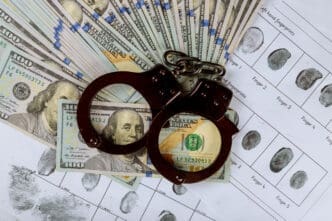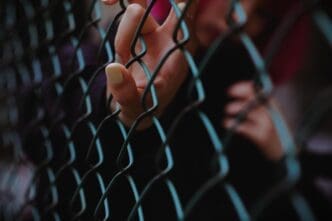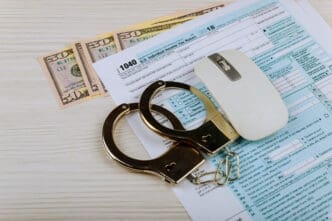Wilmer Escaray, who left Venezuela in 2007, embarked on a new chapter in his life by enrolling at Miami Dade College and later opened his first restaurant six years after his arrival. Today, he operates a dozen businesses that provide employment to Venezuelan migrants, individuals who now face the daunting prospect of losing their legal protection from deportation.
Since early February, significant changes have occurred as the Trump administration terminated two crucial federal programs. These programs had previously allowed over 700,000 Venezuelans, along with hundreds of thousands of Cubans, Haitians, and Nicaraguans, to reside and work legally in the United States. In Doral, Florida, often referred to as “Little Venezuela” or “Doralzuela,” there’s growing anxiety among residents about the potential consequences if legal efforts to halt these governmental changes prove unsuccessful. With a population of approximately 80,000, this city, nestled amid Miami’s expanse, highways, and the Florida Everglades, is deeply concerned about the future.
Individuals who may lose their protective status are left with two precarious options: either to remain in the country illegally, risking deportation, or to return to Venezuela, a daunting prospect given the ongoing political and economic upheaval there. Escaray expressed concerns over the potential loss of valuable human capital, as many individuals are willing to fill essential roles that others may not.
Doral’s vibrant community, characterized by the prevalence of Spanish over English in its shopping centers, offers a sense of familiarity to Venezuelans, providing both security and comfort. The aroma of round, flat cornmeal arepas fills the air in many establishments, while stores stock traditional Venezuelan ingredients and items adorned with the national flag’s colors.
John, another Venezuelan migrant who arrived nine years ago, co-owns a thriving construction company. Both he and his wife hold Temporary Protected Status (TPS), a provision established by Congress in 1990 for individuals from countries deemed unsafe due to natural disasters or civil unrest. Although TPS permits residency and employment, it does not provide a pathway to citizenship. Their U.S.-born five-year-old daughter is a citizen, adding complexity to their situation. The couple informed their daughter about the possibility of leaving the United States, as returning to Venezuela is not a viable option.
A federal judge’s intervention on March 31 temporarily extended TPS for at least 350,000 Venezuelans, sparing them from becoming undocumented. Escaray noted that nearly all of his 150 employees are Venezuelan, with over 100 relying on TPS.
Meanwhile, a federal immigration program known as humanitarian parole, which facilitated the legal residence and employment of over 500,000 Cubans, Venezuelans, Haitians, and Nicaraguans, is set to expire on April 24 unless judicial intervention occurs.
The end of these temporary protections has received limited political response, except from three Cuban-American representatives from Florida who are advocating against the deportation of Venezuelans without criminal records. They are urging the government to evaluate TPS beneficiaries individually. The mayor of Doral, where a Trump golf club has been located since 2012, requested a legal pathway for Venezuelans without criminal backgrounds.
The ongoing migration from Venezuela saw an influx of approximately 8 million people since 2014. Initially settling in neighboring Latin American and Caribbean countries, many turned their focus to the United States, often enduring perilous journeys through the jungles of Colombia and Panama. In Doral, upper-middle-class professionals and entrepreneurs initially invested in properties and businesses following socialist Hugo Chávez’s presidency in the late 1990s. Subsequently, political opponents and entrepreneurs established small businesses. Recently, more lower-income Venezuelans have arrived, seeking work in service industries, encompassing roles such as doctors, lawyers, beauticians, construction workers, and house cleaners.
Thousands of Venezuelans chose Doral as their destination, benefiting from Miami International Airport’s growth over the years. However, uncertainty looms over their future. Many Venezuelans, including President of the Venezuelan American Chamber of Commerce and long-time Doral resident Frank Carreño, are apprehensive about the possibility of returning to Venezuela.
Your World Now
- The potential loss of legal protections for Venezuelans may lead to increased fear and uncertainty within the community, impacting mental well-being.
- Businesses in areas like Doral that employ many Venezuelan migrants could face workforce shortages, affecting local economies and services.
- Families with mixed immigration statuses may experience emotional distress and face difficult decisions regarding their future in the U.S.
- Local governments and community organizations may need to provide additional support and resources to affected individuals and families.
- Legal and political advocacy efforts may intensify as communities strive to find solutions and safeguards for those at risk of deportation.






